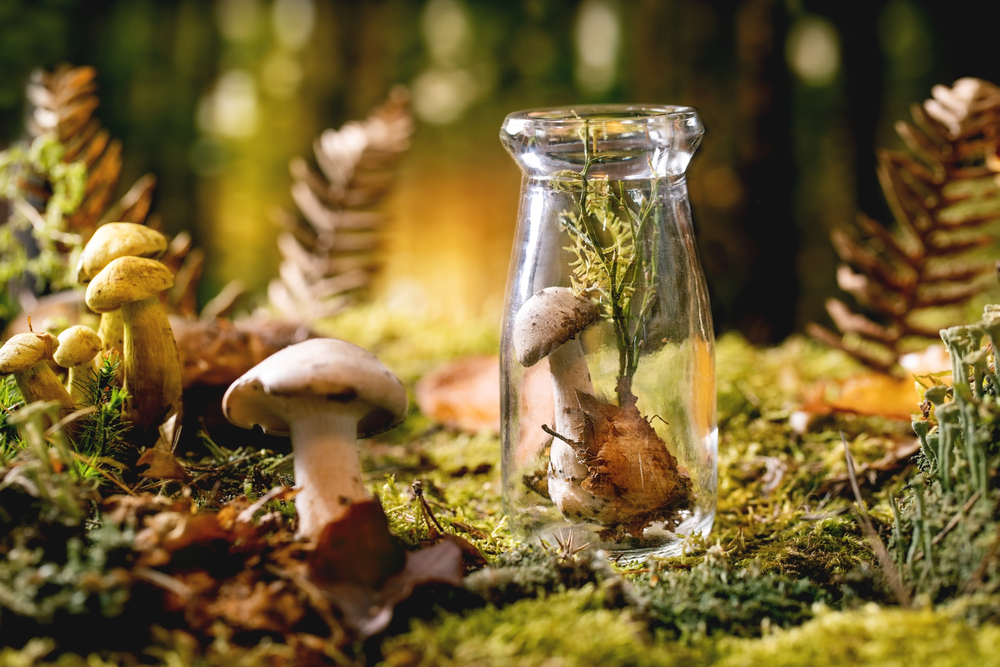The rapid rise of psychedelics in mental health care has sparked a wave of excitement, with proponents heralding these substances as potential “miracle drugs.” Yet, this enthusiasm has also drawn criticism, with some warning that the rush to medicalize psychedelics may overlook crucial complexities and risks.
Amidst these conflicting viewpoints, a new editorial published in Frontiers in Psychology addresses the contradictions by exploring the field of the Psychedelic Humanities and analyzing 20 articles spanning various disciplinary approaches.
The authors, Tehseen Noorani, Oliver Davis, Alex Dymock, Nicolas Langlitz, Anna K. Schlag, and Erika Dyck, argue that the psychedelic humanities can offer valuable counterpoints to the dominant medical narrative by examining the cultural, ethical, and social implications of psychedelic use. The piece concludes with a call to develop a programmatic framework for the psychedelic humanities, positioning it as a crucial field for exploring the broader significance of psychedelics in contemporary society.
“Through this Research Topic, we sought to explore what psychedelics can teach us about themselves and ourselves, including aspirational experiences alongside cautionary tales about the potential pitfalls of a psychedelic renaissance and what it might come to represent in this era of human history. We invited scholars working in the humanities and social sciences to contribute to ethical, sociological, gendered, historical, anthropological, philosophical, and policy perspectives on the use of psychedelics,” they write.
















I have looked through these articles briefly.
None of them seem truly ground breaking, though they all suggest the need for a new approach to the study of human psychology.
Some incorrectly assert that psychedelics are the only way to learn of “higher truths.” This is simply not factual. I know of many who achieved this without the “assistance” of psychoactive drugs.
To propose that we need a whole new type of “humanities” has occurred to me, as the attempt to corral the social sciences into the realm of the physical sciences and medicine has not worked out well for us. But I would never call this “psychedelic humanities.” It even sounds ridiculous. I have proposed the term “paranormal sciences.”
The one academic group I know of that is pursuing such research calls itself the Division of Perceptual Studies and currently exists as a part of the School of Medicine at the University of Virginia (Jefferson’s college). I fear they will get trampled to death if they stay in the School of Medicine. The first thing they did, under Ian Stevenson, was to demonstrate the reality of reincarnation through several case studies using forensic evidence. They are choosing to call what they study “extraordinary human experiences and capacities.”
From their website: “The primary focus of DOPS is investigating the mind’s relationship to the body and the possibility of consciousness surviving physical death. In general, this process involves studying phenomena that challenge mainstream scientific paradigms regarding the nature of human consciousness.”
They are proposing things that I now take for granted as true, or you could say, find more workable than other models. But they are part of academia, and they are not using psychoactive drugs on people, as far as I know. There are plenty of ways to study human experience that do not involve drugs at all, and I think that’s the path we should pursue.
Report comment